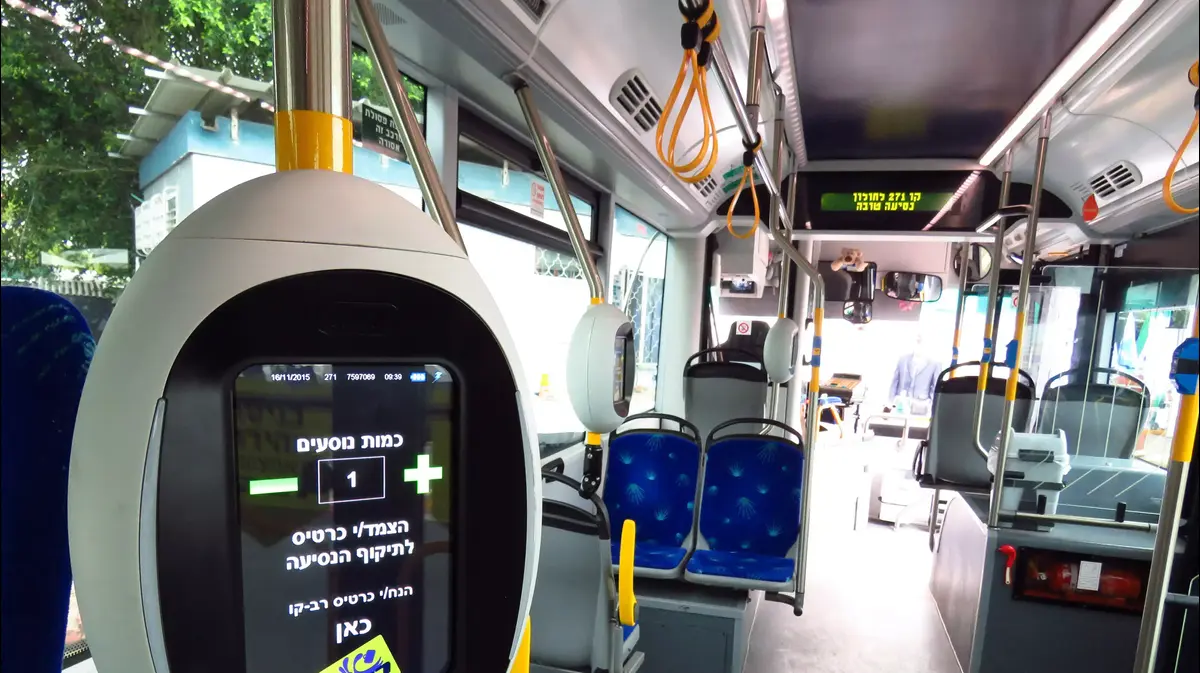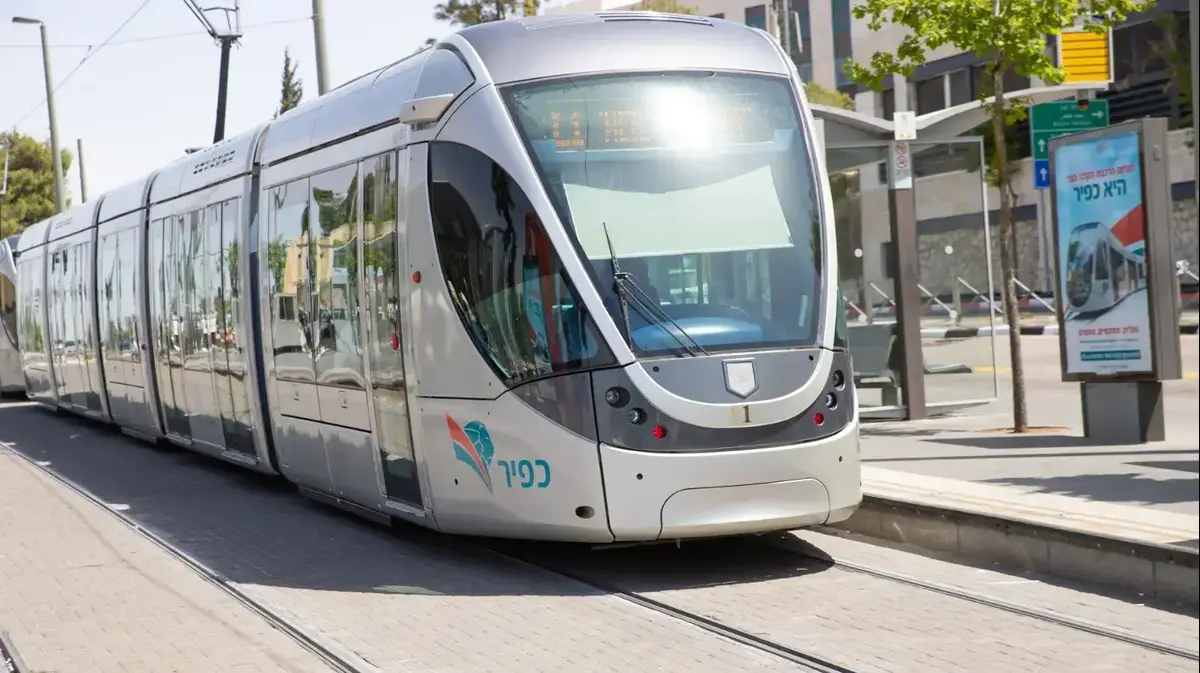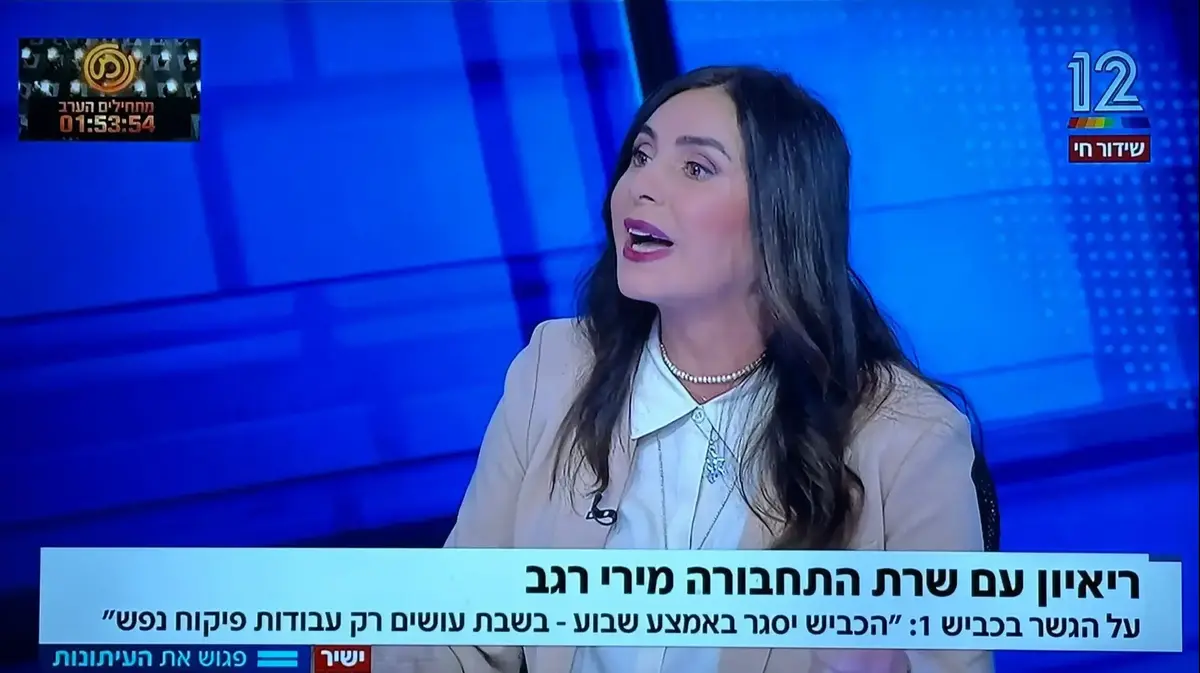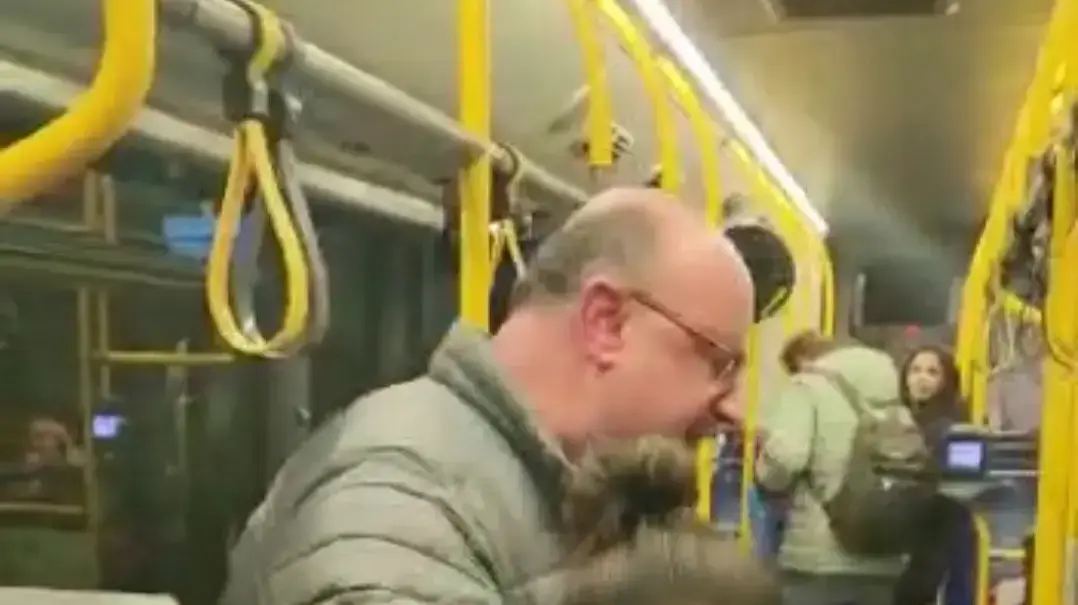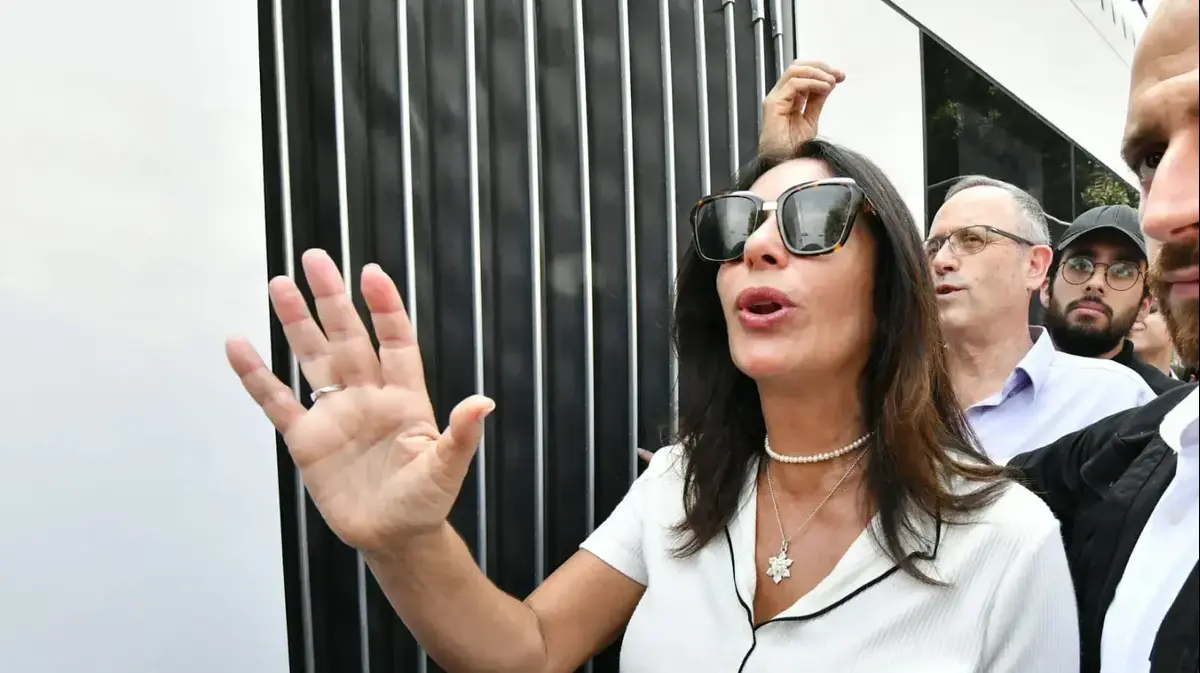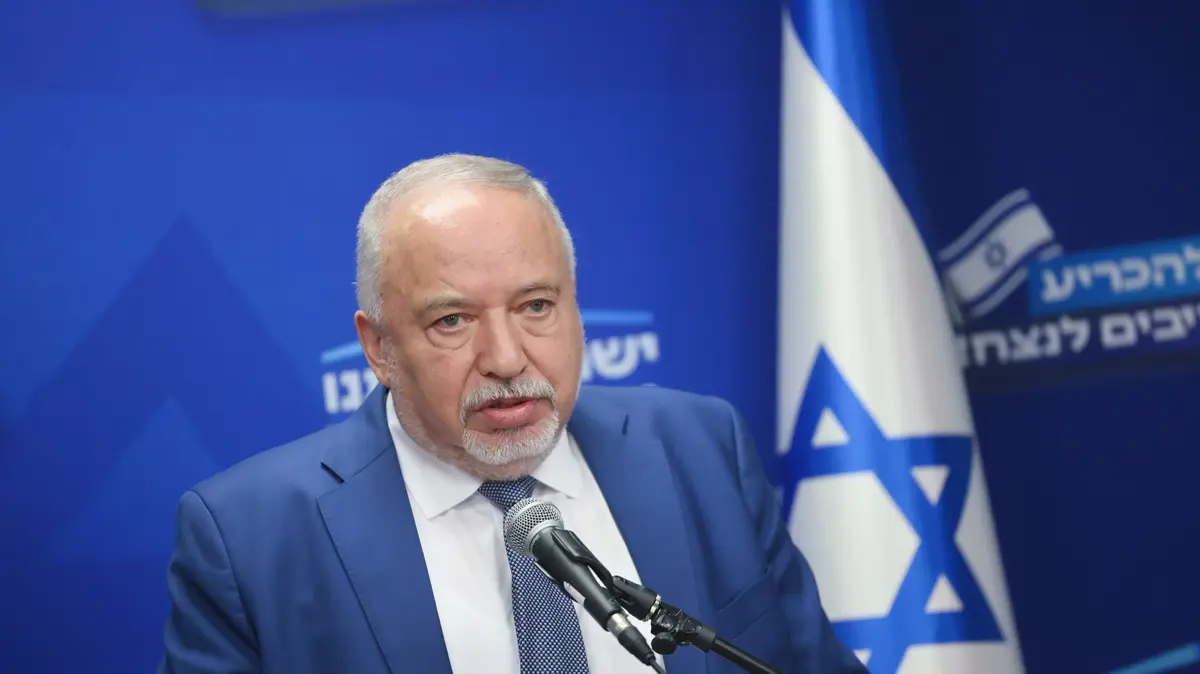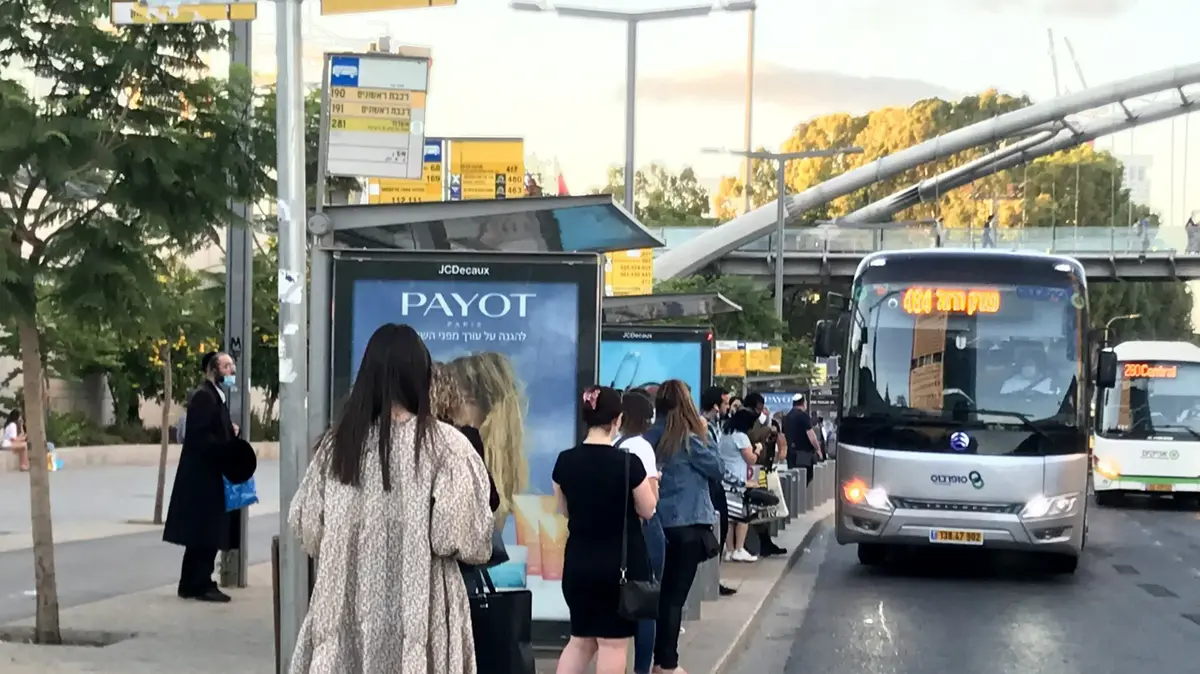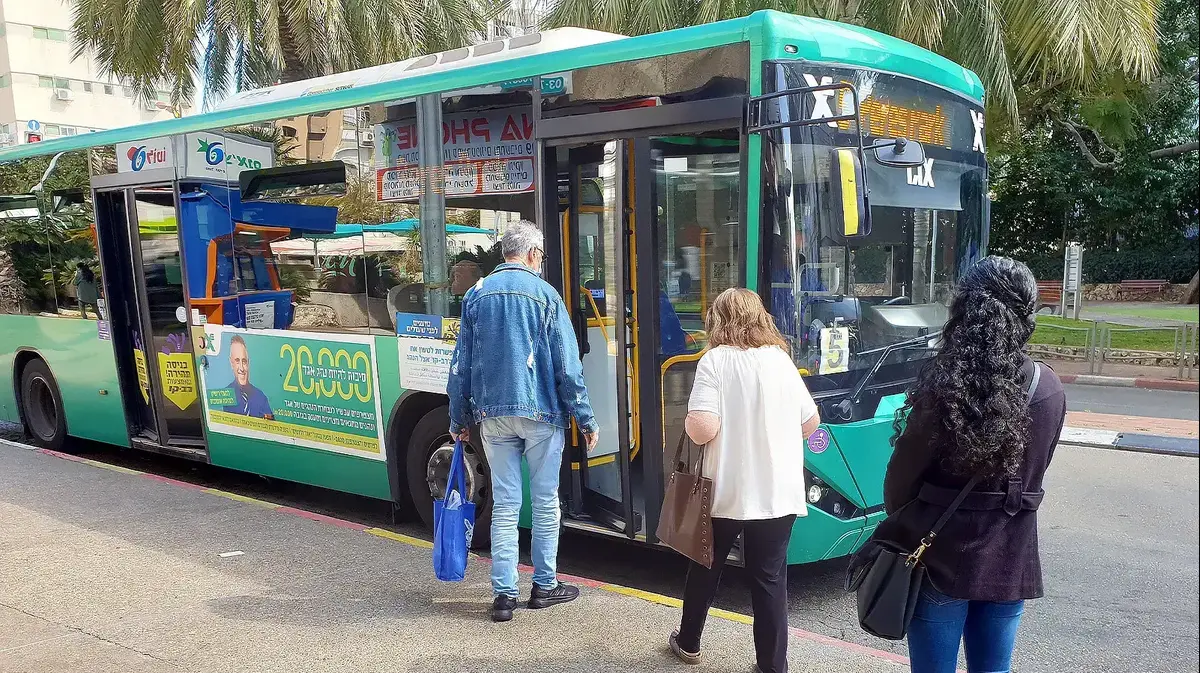news
Political-political
The decision that the Treasury does not want you to know: this will make public transportation more expensive
Along with a congestion fee and encouragement to move to public transportation, there is a section in the Arrangements Law that will raise multi-line tariffs, and will actually hurt the weaker sections.
The reason for the apparent "optimization": service improvement.
Users will be pushed to failed mobile payment apps.
And how much will it cost us?
Tags
Ministry of Finance
Public Transport
Bus Card
Keenan Cohen
Monday, 02 August 2021, 02:00 Updated: 21:56
Share on Facebook
Share on WhatsApp
Share on general
Share on general
Share on Twitter
Share on Email
0 comments
The Ministry of Finance wants to "sneak" an increase in the price of public transport fares and reduce its subsidy by comparing multi-line fares to those of public transport payment applications. This is done by canceling the accumulated value discount by loading the multi-line card, and setting a new discount policy and canceling unique travel arrangements.
According to the authors of the Arrangements Law, in Israel the subsidy for public transportation is 70% compared to 50% in other developed countries. It was also said that the increase in the volume of use of public transport in recent years, with the privatization of the operating structure of public transport, has led to higher costs for the state.
As part of the "optimization", the tariff structure in multi-line will be compared to the payment applications in public transportation (transition from spatial billing areas to billing according to "rings" distance from the point of departure), in order to simplify the tariff system and allow enforcement and control of validity - two inconsistent claims With the reality that the vast majority of passengers, certainly permanent ones, are familiar with the payment system and that public transport operators have not raised any complaints about enforcement and control issues.
More on Walla!
The distress of transportation to the bases: "Soldiers fight for a place on the bus as they fight against an enemy"
To the full article
More on Walla!
The congestion on the roads shifted many to two-wheelers - and contributed to the rise in the dead
Contrary to expectations: Public transport payment apps have strengthened Rabbi Kav
The button that can save your life in the event of a medical emergency
The weaker sections will not be able to convert the use of public transportation in the private car (Photo: Kobi Liani)
Eliminating the accumulated value discount that gives a discount of up to 25%, as well as the meaning of linking to the payment method of applications where there are no monthly payment ceilings (which is possible with a free monthly monthly subscription) - will hurt two major populations In the event of a price increase, they will not have the option of converting the use of public transportation in the private car.
The Ministry of Finance wants to compare the tariffs to those of public transport apps, beyond being an economic hit to the weaker sections who use public transportation and multi-line, there is a bad smell of wanting to "push" users into the arms of mobile payment apps. These were found to be a failure when, six months after their launch, the volume of their use did not exceed a few percent of all public transport users, a fact that was revealed in Walla! At the end of June, six months after their entry into use.
The draft Arrangements Law states that: "The adjustments listed below will make it possible to increase revenue from public transportation and thus expand the service provided to citizens today and improve the quality of service along with uniformity in tariffs."
This is an argument that is difficult to accept, as improving and expanding the service are two of the bigger barriers to switching to public transportation and not the price in it.
So even in the first stage of raising the price without the improvement in public transport, this service will allow baldness here and there - without attractiveness for people moving from their private car to public transport in the absence of improvement and heavier fare, for those who depend on it and have no other alternative.
Share on Facebook
Share on WhatsApp
Share on general
Share on general
Share on Twitter
Share on Email
0 comments

